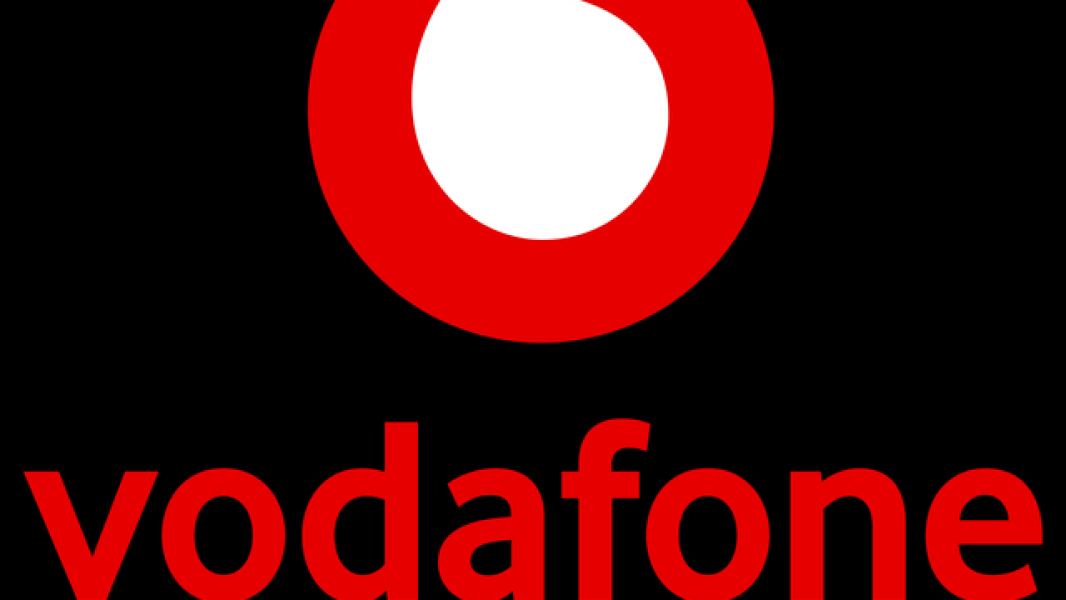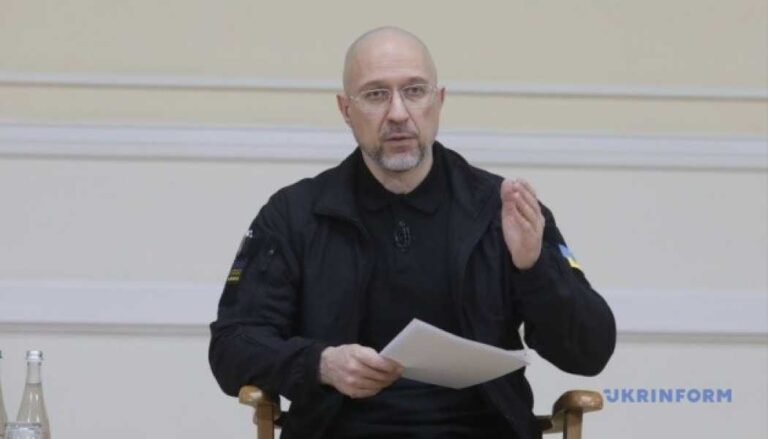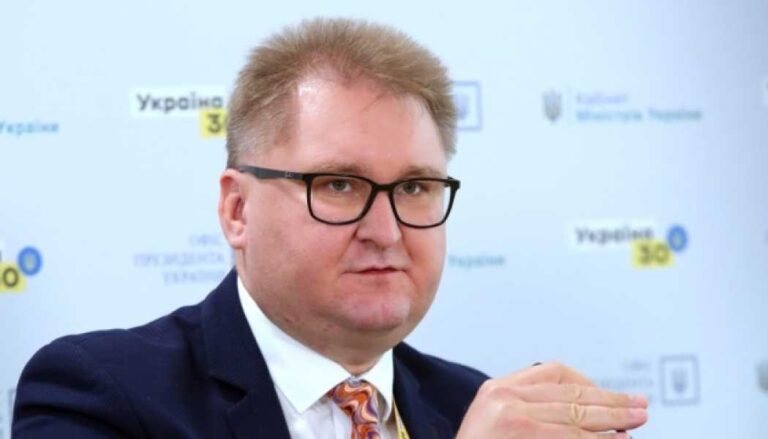Vodafone Ukraine expects net profit to fall by 30.1% in 2024 despite revenue growth of 13.1%
Facts Economy Sports Investments Diplomacy Regions Projects
Special topics:
Red Cross Ukraine Reconstruction Military Energy Open4business

Vodafone Ukraine (VF Ukraine), the second largest mobile operator in the country, increased its revenue in 2024 by 13.1% compared to the same period of the previous year – to UAH 24.44 billion, while net profit decreased by 30.1% – to UAH 3.54 billion.
According to information on the company's official website, as of December 31, 2024, revenue from services provided increased by 12.9% compared to the same period last year and amounted to UAH 24.44 billion.
Mobile revenue increased by 12.46% to UAH 18.97 billion; interconnect revenue increased by 11.3% to UAH 2.47 billion; while fixed-line revenue increased by 48.8% to UAH 936 million. However, roaming revenue decreased by 6.34%.
The company's OIBDA (operating income before depreciation and amortization) fell by 3.6% to UAH 12.22 billion. The OIBDA margin decreased by 8.7 percentage points to 50%.
Operating profit decreased by 12.2% to UAH 7.1 billion, and profit before tax decreased by 23.95% to UAH 4.51 billion.
“Vodafone Ukraine's net profit amounted to UAH 3.5 billion, which is 30% less than in 2023. The decrease is due to losses from exchange rate differences that arose due to the growth of the US dollar against the hryvnia by 11%, as well as a partial decrease in operating profit,” the press service reported.
The company's subscriber base decreased by 0.7% in 2024 to 15.8 million users. Average revenue per user (ARPU) increased by 10% to UAH 118.4.
“Organic traffic growth was one of the main factors contributing to the 10% increase in ARPU. The subscriber base has remained stable over the past three years. In 2024, the company noted an increase in postpaid subscriptions, largely due to new IoT connections and an increase in the number of individual contract customers,” the press service added.
Vodafone Ukraine also increased capital investments by 10% to UAH 6.2 billion in 2024.
“Despite the ongoing war, the company not only maintained but also increased investments in the development and support of Ukraine's telecommunications infrastructure. Over three years of full-scale war, Vodafone has invested UAH 15.5 billion in Ukraine, including UAH 6.2 billion in 2024,” the company reported.
In particular, Vodafone Ukraine restored more than 1,000 damaged base stations and deployed 7,252 LTE base stations to expand network coverage and capacity.
Another major area of investment is the creation of fixed broadband networks using modern GPON technologies (fiber-optic home Internet, which remains operational even when the power is out). In 2024, the service became available to more than 1.2 million households. In total, the company's fixed network covers 1.8 million households across all technologies. New service areas are actively developing in Ukrainian cities: Kyiv, Odessa, Dnipro, Kharkov, Lviv, Zaporizhia, Nikolaev, Ivano-Frankivsk, Poltava, Chernihiv, Zhitomir, Lutsk, Rivne and Ternopil.
Part of the company's investment — UAH 989 million — was used to acquire new radio frequencies to expand the LTE network. Vodafone acquired spectrum in the 2100 MHz and 2600 MHz ranges at an auction organized by the National Commission for State Regulation of Electronic Communications, Radio Frequency Spectrum, and Postal Services (NCES).
“Using LTE at 2100 MHz will provide a more stable 4G signal and increase network capacity by up to 30%. Frequency aggregation between 1800 MHz and 2100 MHz will significantly improve internet speed. Using the TDD 2600 MHz range will reduce the load on high-traffic areas by 50% and increase the average internet speed by 1.5 times, which is especially important given the constant growth in mobile data consumption,” the company explained.
Vodafone Ukraine continues to develop new technological services. The company has created its own AI model to work as a supervisor in contact centers, essentially acting as a virtual assistant for call center operators. In the future, Vodafone intends to offer its AI solutions to other enterprises
Source: Source



